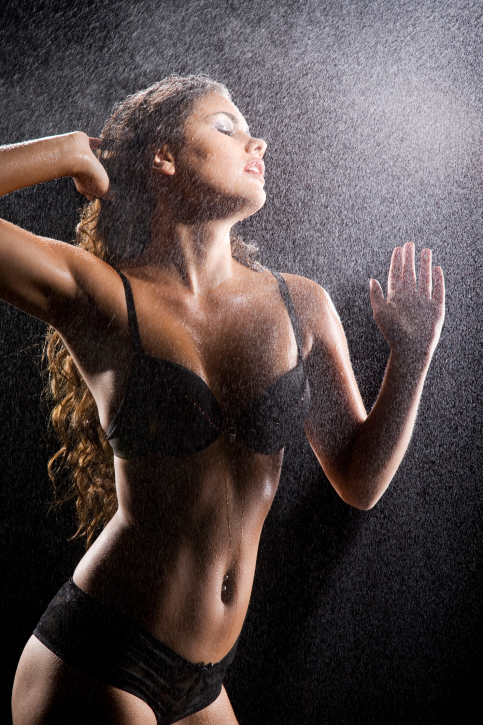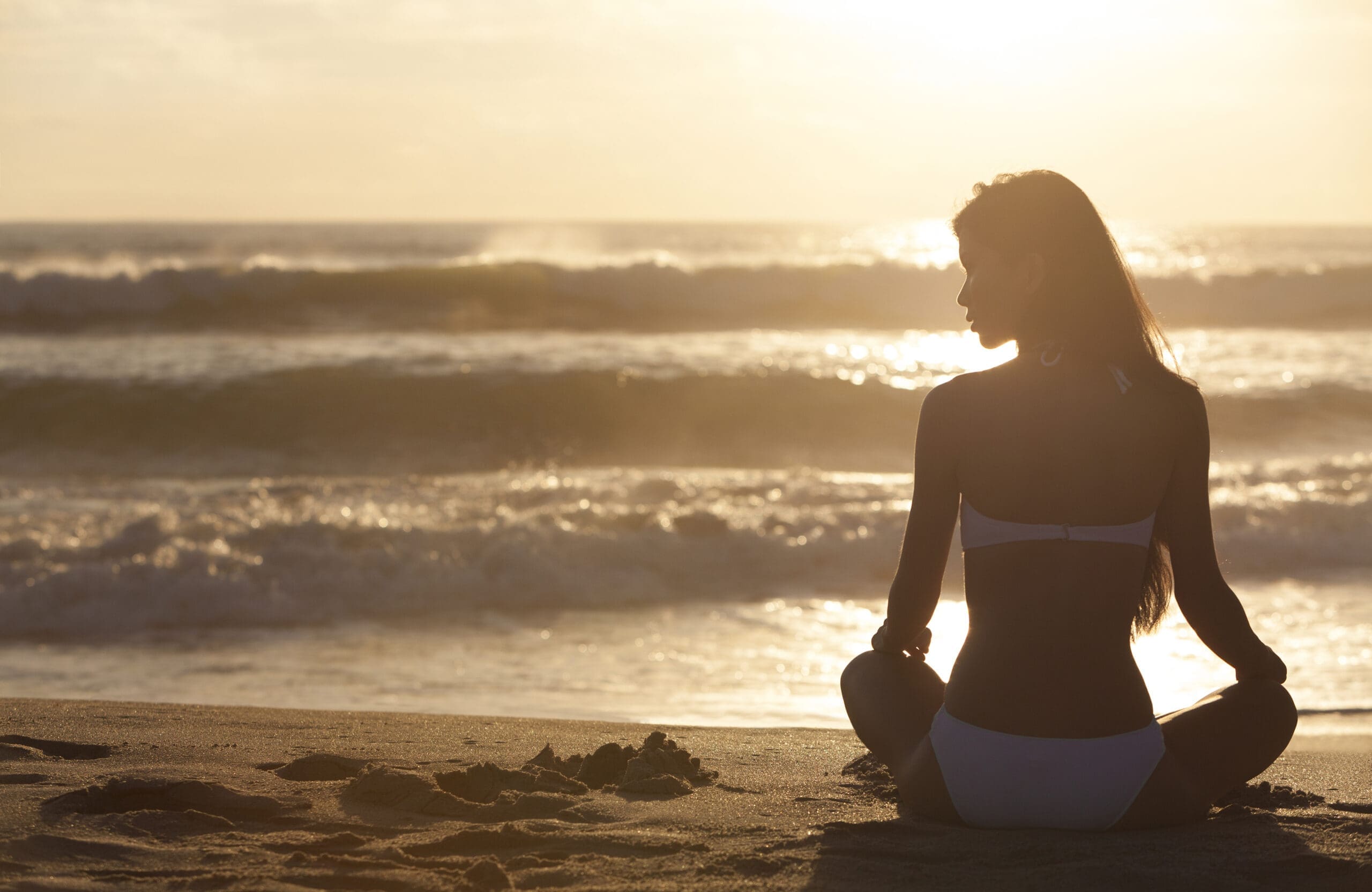Forget the sports drinks, you only need water when working out, and you need more than you think.

When you exercise your body creates 15-20% more heat. As you can only tolerate very small increases in your core temperature before you become very sick the body has to have a way to cool itself down.
The majority of sports drinks contain sugar, the last thing your body needs at any time, let alone when working out.
Sweating and the evaporation of sweat from the skin is the body’s main defence against overheating. It may not be attractive to ‘sweat like a pig’ but this very effective cooling mechanism is responsible for up to 75% of heat loss during exercise.
The rate of sweating can vary from person to person dependent on body size, fitness level, genetics, environment and exercise intensity. Larger bodies tend to sweat more and fitter bodies start to sweat earlier as they are more efficient at heat control. Higher intensity workouts and hot conditions – especially where high humidity lowers evaporation rates, will also have you reaching for the sweat towel more often through your workout.
Your body is around 50% water and it is happy that way. How much water it takes to keep you this way during exercise varies. You need to take the above factors into account to ensure you replenish with the good stuff according to your body, workout and environment.
Don’t wait until you get thirsty! Signs you are already dehydrated enough to affect performance include increased body temperature, heart rate, nausea and fatigue as well as a loss of skill or coordination.
“Don’t wait until you get thirsty! Signs you are already dehydrated enough to affect performance include increased body temperature, heart rate, nausea and fatigue as well as a loss of skill or coordination.”
Having too much or too little fluid during exercise can also upset our electrolyte balance. Sodium, potassium and chloride are electrolytes that help control muscle activity, maintain water and PH balance and regulate the heart to help you get the most from your workout.
During very intense or longer exercise sessions, especially if there has been excessive sweating, it may be necessary to have a sports drink rather than just plain water. This keeps our body’s fluid and electrolyte levels in balance, maintains optimal performance and avoids the possibility of ‘water intoxication’. This is very rare and dehydration is much more common, so don’t hold back on your water intake because of a fear of drinking too much.
Tips to ensure you have enough water
Start your workout hydrated by drinking water in the hours leading up to training
Remember to take a water bottle with you to every workout
Take regular drink breaks especially if it is hot or humid or you are working hard
Cool water is easier to drink more than icy cold or warm water
Continue to drink after your workout to replace lost fluids
More Tips:
Test – What colour is your urine? Pale yellow is healthy, dark suggests a water top up is needed!
Don’t confuse water loss with fat loss – weighing less post workout isn’t important if it is due to fluid loss from sweat, so drink up!
…….
By Rachel Livingstone Personal Trainer & Owner of The Health Hub www.healthhub.net.au



